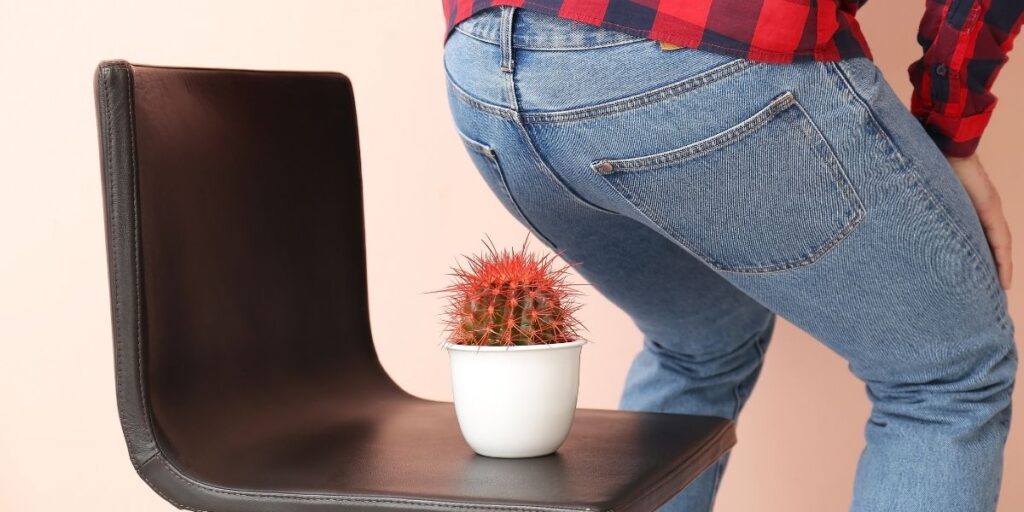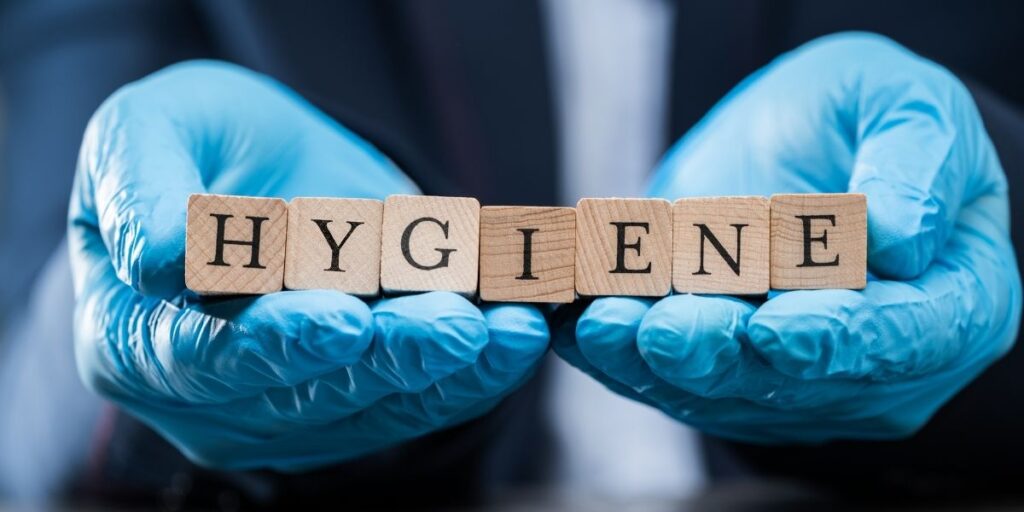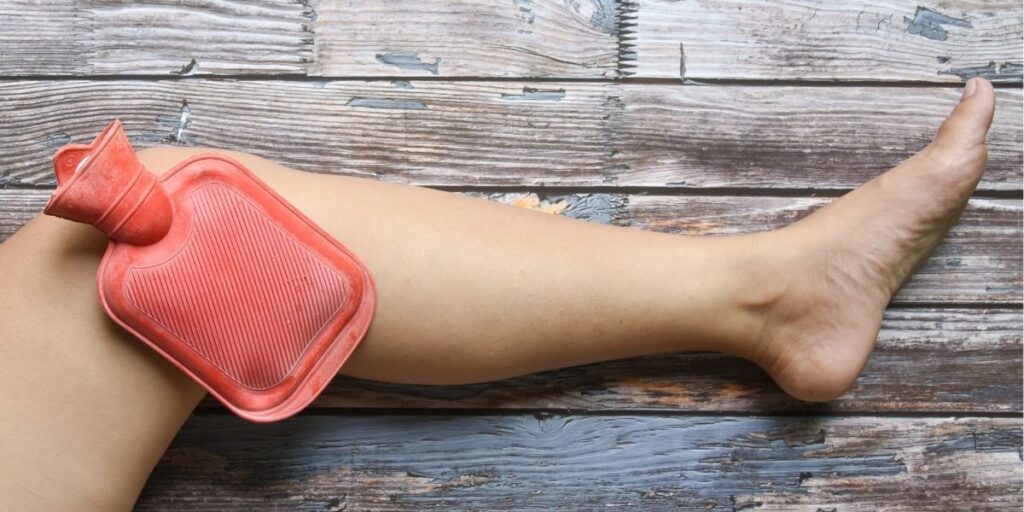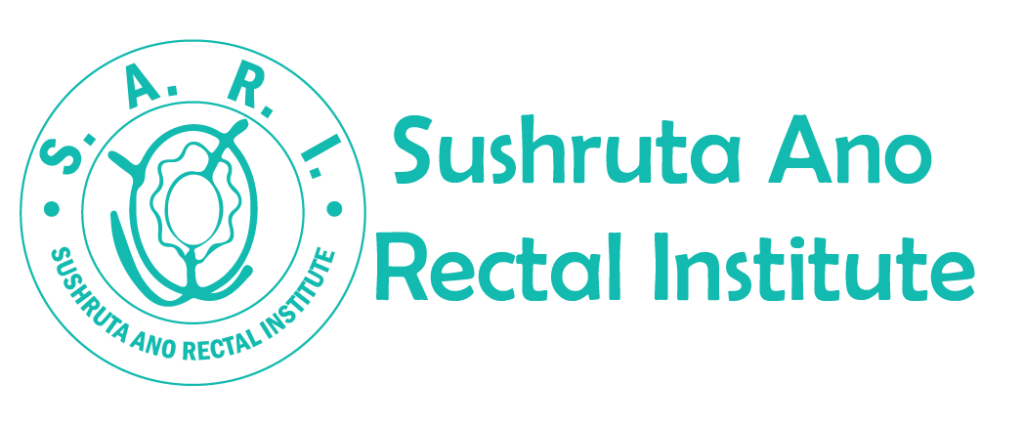The Ultimate Guide for Pilonidal Sinus Treatment Without Surgery
- August 17, 2024
Understanding Pilonidal Sinus
Pilonidal sinus is a condition where a small, infected cavity forms near the tailbone, often filled with hair and debris. While surgery and laser are usually recommended by the doctors for treating this problem. However, these are not the good choices for treating Pilonidal Sinus as the chances for recurrences are pretty high. Pilonidal Sinus can be treated without surgery in Ayurveda by using Ksharsutra therapy. Ksharsutra is a para surgical treatment and usually does not require any bed rest or hospitalization. The chances of recurrences of the disease with this treatment are comparatively very very low as compared to conventional surgeries and laser. The facilities of the Graded Ksharsutra is available in India only at Sushruta Anorectal Institute, the best pilonidal sinus hospital in Delhi.

A pilonidal sinus is typically located at the top of the buttock cleft and can cause significant discomfort and pain. The condition arises when hair and debris become trapped in a small pit or cavity in the skin, leading to infection and inflammation. Common symptoms include pain, swelling, redness, and discharge of pus or blood.
For those seeking pilonidal sinus non-surgical treatment, several holistic and medical approaches can provide relief and potentially prevent the need for surgical intervention.
1. Maintain Proper Hygiene

Maintaining good hygiene is crucial for managing and treating pilonidal sinus without surgery. Keeping the affected area clean and free from infection is the first step in sinus treatment.
- Clean the Area Regularly: Use mild, non-irritating soap and water to gently cleanse the affected area daily. Avoid using harsh soaps or scrubs that could exacerbate irritation.
- Keep the Area Dry: After washing, ensure the area is thoroughly dried to prevent moisture buildup, which can worsen symptoms.
Proper hygiene helps reduce the risk of infection and can aid in the healing process, contributing to pilonidal sinus pain relief.
2. Use Warm Compresses

Applying warm compresses to the affected area can provide significant relief and assist in managing pilonidal sinus without resorting to surgery. The warmth helps to increase blood flow, reduce inflammation, and promote drainage of any accumulated pus.
- How to Apply: Soak a clean cloth in warm water and apply it to the affected area for 10-15 minutes, several times a day. Ensure the compress is not too hot to avoid burning the skin.
Warm compresses are a simple yet effective way to relieve pain and promote healing by reducing inflammation and facilitating the natural drainage of the sinus.
3. Adopt a High-Fiber Diet

Diet plays an important role in overall health, including the management of pilonidal sinus. A high-fiber diet helps maintain regular bowel movements, reducing strain and pressure on the affected area.
- Fiber-Rich Foods:Fiber-Rich Foods: Include fruits, vegetables, whole grains, and legumes in your diet. These foods help soften stools, making bowel movements easier and less painful.
Maintaining a diet rich in fiber can prevent constipation and reduce the strain on the area affected by the pilonidal sinus, contributing to sinus treatment and overall comfort.
4. Consider Lifestyle Adjustments
Certain lifestyle changes can significantly impact the management of pilonidal sinus and contribute to sinus pain relief.
- Avoid Prolonged Sitting: If possible, reduce the amount of time spent sitting, as prolonged pressure on the affected area can worsen symptoms. Use cushioning or ergonomic seating if sitting for extended periods is unavoidable.
- Wear Comfortable Clothing: Choose loose-fitting clothing made from breathable fabrics to minimize irritation and allow the affected area to heal.
Making these adjustments can reduce pressure and irritation, supporting the healing process and helping to manage symptoms without surgery.
5. Consult a Specialist
For persistent or severe cases of pilonidal sinus, consulting a specialist is crucial. The best pilonidal sinus doctor in Delhi can provide expert advice on non-surgical treatment options and tailor a treatment plan to your needs.
- Pilonidal Sinus Non-Surgical Treatment: Graded Ksharsutra is a treatment of choice for treating Pilonidal Sinus at Sushruta Anorectal Institite.
- Personalized Care: A specialist can provide a comprehensive evaluation and recommend the most effective non-surgical treatments based on the severity of your condition.
Dr. S.K. Singh at Sushruta Ano-Rectal Institute is renowned for his expertise in non-surgical treatments for pilonidal sinus. As a leading pilonidal sinus doctor in Delhi, Dr. Singh offers a range of advanced non-invasive treatments designed to provide effective relief and support healing.
Conclusion
Managing pilonidal sinus without surgery involves a combination of proper hygiene, lifestyle adjustments, dietary changes, and targeted treatments. By adopting these holistic approaches, you can alleviate pain, reduce inflammation, and promote healing effectively. Consulting with a specialist like Dr. S.K. Singh at Sushruta Ano-Rectal Institute ensures that you receive the most appropriate non-surgical treatments tailored to your condition. Combining these methods with professional medical care can lead to significant improvement and relief from pilonidal sinus symptoms.
Read More: Top Holistic Approaches to Treating Anal Fissures
